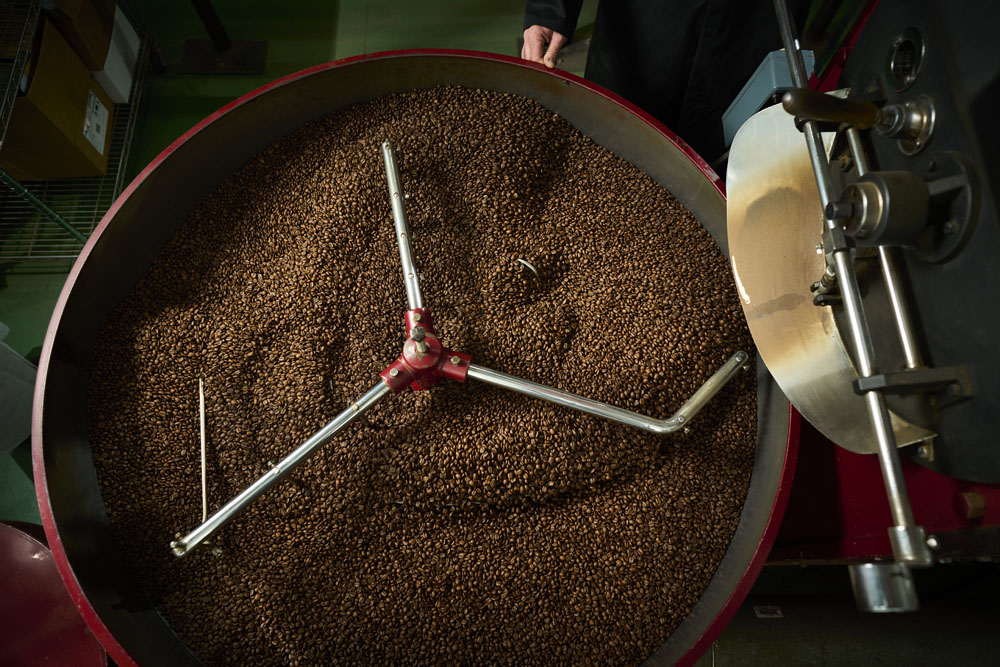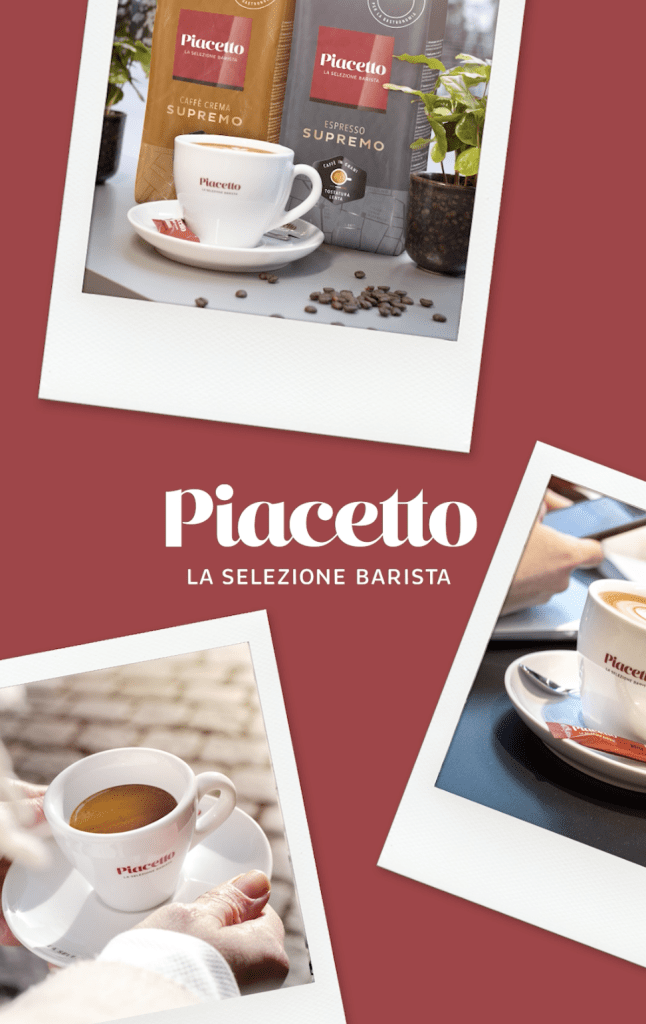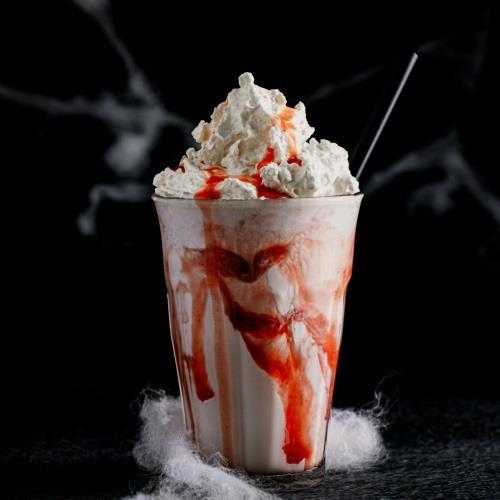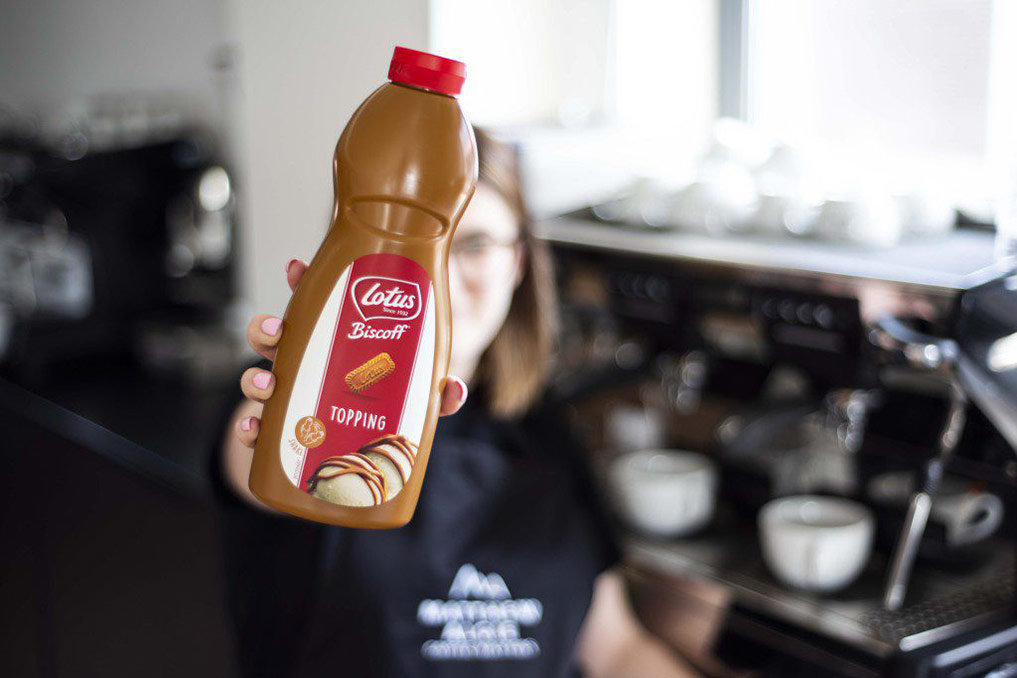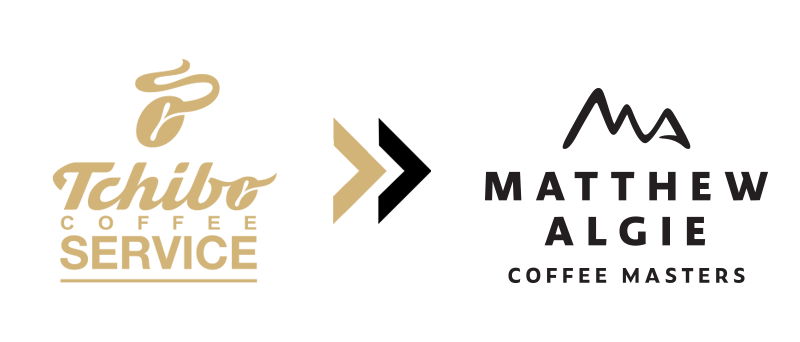
Tchibo Coffee Service joins the Matthew Algie family
Exciting news! From 1st January 2024, Tchibo Coffee Service will be joining the Matthew Algie family. But don’t worry, this transition won’t affect your access to any products you enjoy. In fact, you can expect to have access to even more amazing products moving forward!
For new and existing customer enquiries, get in touch with the Matthew Algie team.

